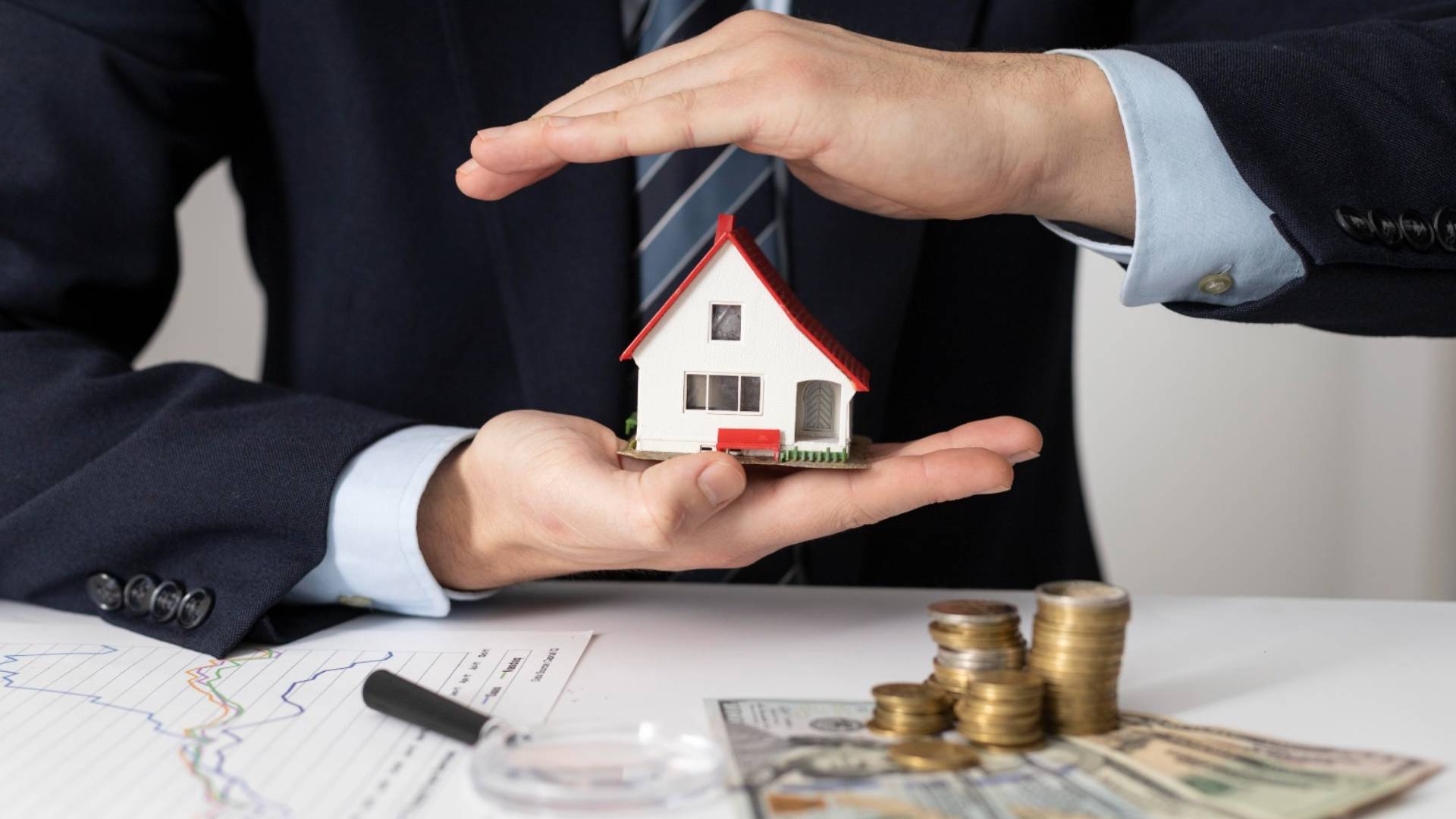In the world of real estate, property developers stand as the architects of modern urban landscapes and are responsible for transforming areas of land that are not being used into growing neighborhoods and commercial centers. They play an integral contribution to shaping urban landscapes, addressing housing needs, as well as stimulating economic growth. Their ventures encompass a myriad of developments, ranging from housing developments to commercial areas, all of which leave an indelible mark on the communities they live in.

In the midst of the property development process is the desire to design areas that reflect the changing needs and expectations of the society. Developers launch projects through meticulous plans, conducting feasibility studies, market research, and architectural assessments to ensure that the project is viable and in line with the demand. This innovative approach doesn't just address the current needs but also considers future trends, fostering sustainable urban development.
The execution of a development project is a meticulous process that requires planning, collaboration and management of resources. Property developers coordinate a group comprising engineers, architects, subcontractors, and contractors to create their vision. They oversee every aspect of construction beginning with the preparation of sites and infrastructure construction to building erection and the finishing of interiors. It requires a strong techniques for managing projects to deal with complexities such as budget constraints as well as regulatory compliance and unforeseen problems. Furthermore, developers need to ensure that construction conforms to high quality standards, safety rules, and sustainable principles that reflect their dedication to growth in value.
Beyond mortar and bricks Property developers play a crucial role in creating the social fabric and prosperity of communities. Through strategically investing in public space, amenities, and infrastructure, they improve the attractiveness and quality of life in neighborhoods. With the help of lively shopping districts as well as recreational and cultural institutions, developers contribute in the local economy as well as provide new employment opportunities. Moreover, sustainable development practices ensure environmental sustainability and resilience to climate change and align with broader societal goals. Consequently, property developers wield significant influence in fostering sustainable and inclusive growth creating a synergistic connection between community development and well-being. To get new information please Get the facts

One of the most distinctive characteristics of property developers is their ability of collaboration. They put together multidisciplinary teams made up of engineers, architects, contractors as well as designers to realize their plan. A good communication system and coordinated effort are crucial as teams coordinate to turn designs into concrete constructions. In addition, developers frequently engage with local residents and other stakeholders in order to gain support and resolve concerns. Participation in community events builds goodwill, increases the credibility of the project, as well as revealing opportunities for innovation and inclusion.
The development success of property projects hinges not only on the viability of their financials, but also on the acceptance of society and engagement. Stakeholder consultation, transparent communication and corporate social responsibility programs are integral components of responsible development practices. Involving residents as well as NGOs and advocacy groups builds trust, increases inclusion and helps ensure that projects are in line with the larger interests of the society. Furthermore, the inclusion of elements that create a sense of place, like places for public art, recreation areas, and cultural amenities can improve the community's social fabric and promotes a sense connection among the inhabitants.
Comments on “Unveiling the Position of Property Developers in Shaping Urban Landscapes”